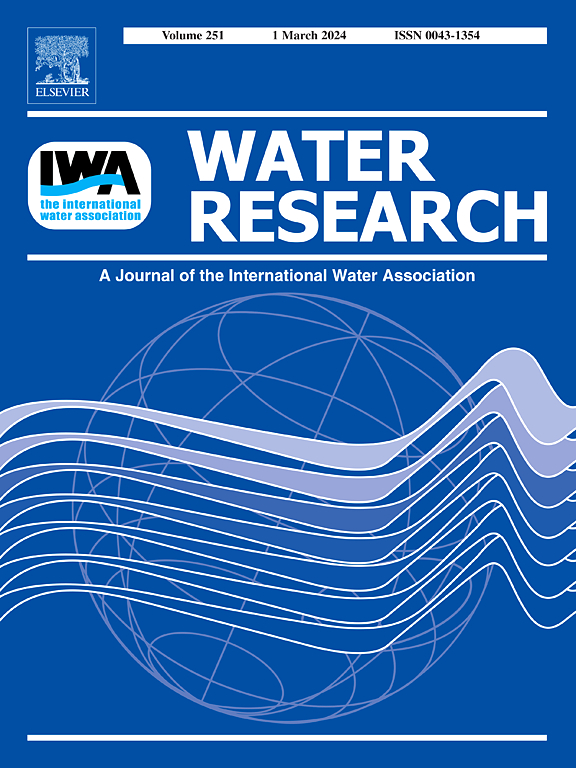Enhancing Rejection of Short-chain Per-and Polyfluoroalkyl Substances by Tailoring the Surface Charge of Nanofiltration Membranes
Abstract
Nanofiltration (NF) effectively removes per- and polyfluoroalkyl substances (PFAS) from water but struggles with short-chain PFAS (i.e., those containing less than 6 perfluorinated carbons) due to size exclusion inefficiency. In this study, we developed layer-by-layer assembled NF membranes with PDADMAC/PSS terminal bilayers varying in chain lengths, hydrophilicity, and charge, and systematically assessed their removal of 16 representative PFAS species. The mechanisms between long-chain and short-chain PFAS were investigated and optimal strategies for enhancing PFAS selectivity were developed. Results demonstrated that the (PDADMAC/PSS)3 membrane achieved the highest removal (86.1%-98.1%) for short-chain PFAS, including PFBA-PFHpA (C4-C6), PFBS (C4), PFMOPrA (C3), PFMOBA (C4), and GenX (C5), while effectively removing (>99.9%) long-chain counterparts (C7-8). As feed water pH increased from 3.5 to 9, average PFAS rejection rose from 16.6% to 32.0%, revealing more negative charged membrane surface endow stronger electrostatic repulsion, particularly for short-chain anionic PFAS. In addition, we also tested the PFAS removal efficacy of (PDADMAC/PSS)3 membrane using real sewage plant effluent. Compared to the pristine membrane, the (PDADMAC/PSS)3 membrane exhibited improved removal for most PFAS, with removal efficiencies ranging from 82.54% for PFOA to 96.71% for PFOS. The most significant improvements were observed in C4 compounds like PFBA and PFBS (increased by 6.0-11.5%). Our study suggests that PFAS removal efficiency by NF highly depends on size exclusion, with short-chain anionic PFAS more likely affected by electrostatic repulsion. Membrane surface manipulation can enhance selectivity, aiding in predicting NF treatment effectiveness for specific PFAS compounds.





